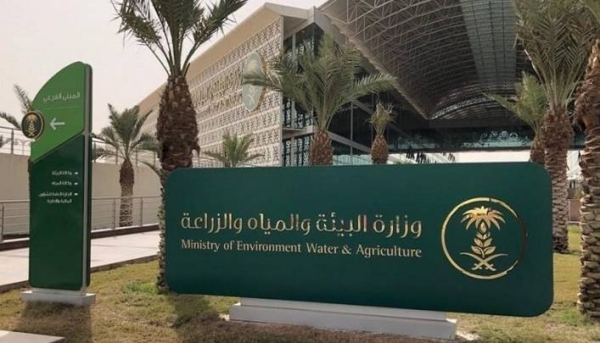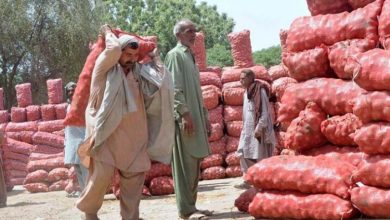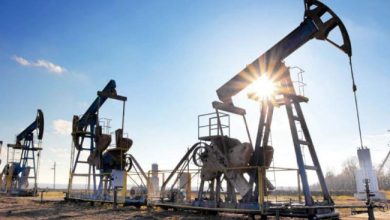Saudi Arabia Achieves Self-Sufficiency in Fig Production: Ministry of Environment, Water and Agriculture
Fig production in Saudi Arabia spans from February to November: Report

Riyadh: Saudi Arabia has achieved self-sufficiency in fig production, with the annual yield surpassing 28,000 tons on 1,421 hectares of land across the country, according to the Ministry of Environment, Water, and Agriculture (MEWA). This announcement reflects a significant milestone for the Kingdom’s agricultural sector.
- Production Highlights:
- Major Producing Regions: The provinces of Jazan and Riyadh are the largest producers of figs in Saudi Arabia, with annual yields of 9,906 tons and 8,010 tons, respectively. Other significant producers include Asir with 3,970 tons, Mecca with 1,635 tons, and Ha’il with 1,033 tons. The provinces of Al-Jouf, Al-Baha, Qassim, Najran, Tabuk, Medina, and the Northern Borders contribute smaller amounts to the overall production.
- Production Season: Fig production in Saudi Arabia spans from February to November. The local varieties, along with Madani, Turkish, Waziri, Kadota, and White King figs, are among the most popular.
- Health Benefits of Figs:
- Nutritional Value: Figs are renowned for their numerous health benefits, including aiding in the prevention of Alzheimer’s disease, controlling blood pressure, strengthening bones, and improving skin and hair health.
- Nutritional Support: The Ministry highlights the fig’s role in a balanced diet and its contribution to overall health and wellness.
- Agricultural Development and Support:
- Sustainable Agricultural Practices: MEWA is working on promoting fig production, processing, and marketing through sustainable rural development programs. The government aims to enhance awareness and distribution of diverse local fruits, including figs.
- Support for Farmers: Local farmer Bassam Al-Haboub, who has planted 1,200 fig trees over the past two years, emphasizes the importance of high-quality soil and water. He grows a fig variety known for its prolific yield, resilience, and ease of transport. Al-Haboub has benefited from MEWA’s initiatives and has expressed gratitude for the department’s efforts in organizing fairs and providing valuable support to farmers.
- Future Prospects:
- Enhancing Local Production: The Saudi government is committed to boosting local agricultural production by improving the quality of produce and supporting farmers with modern techniques and better marketing opportunities.
- Promotion and Awareness: Efforts are underway to increase public awareness of Saudi Arabia’s diverse fruit production and to improve the promotional strategies and distribution channels for local produce.
Additional Resources:
- Ministry of Environment, Water, and Agriculture (MEWA)
- Saudi Arabian Agricultural Statistics and Reports
- Health Benefits of Figs
Saudi Arabia’s achievement of self-sufficiency in fig production marks a significant advancement in its agricultural sector. With major production regions and an extended harvest season, the Kingdom is not only enhancing its local agriculture but also promoting the health benefits of figs. The government’s ongoing support for farmers and sustainable practices underscores its commitment to strengthening the agricultural sector and ensuring the success of local produce.



